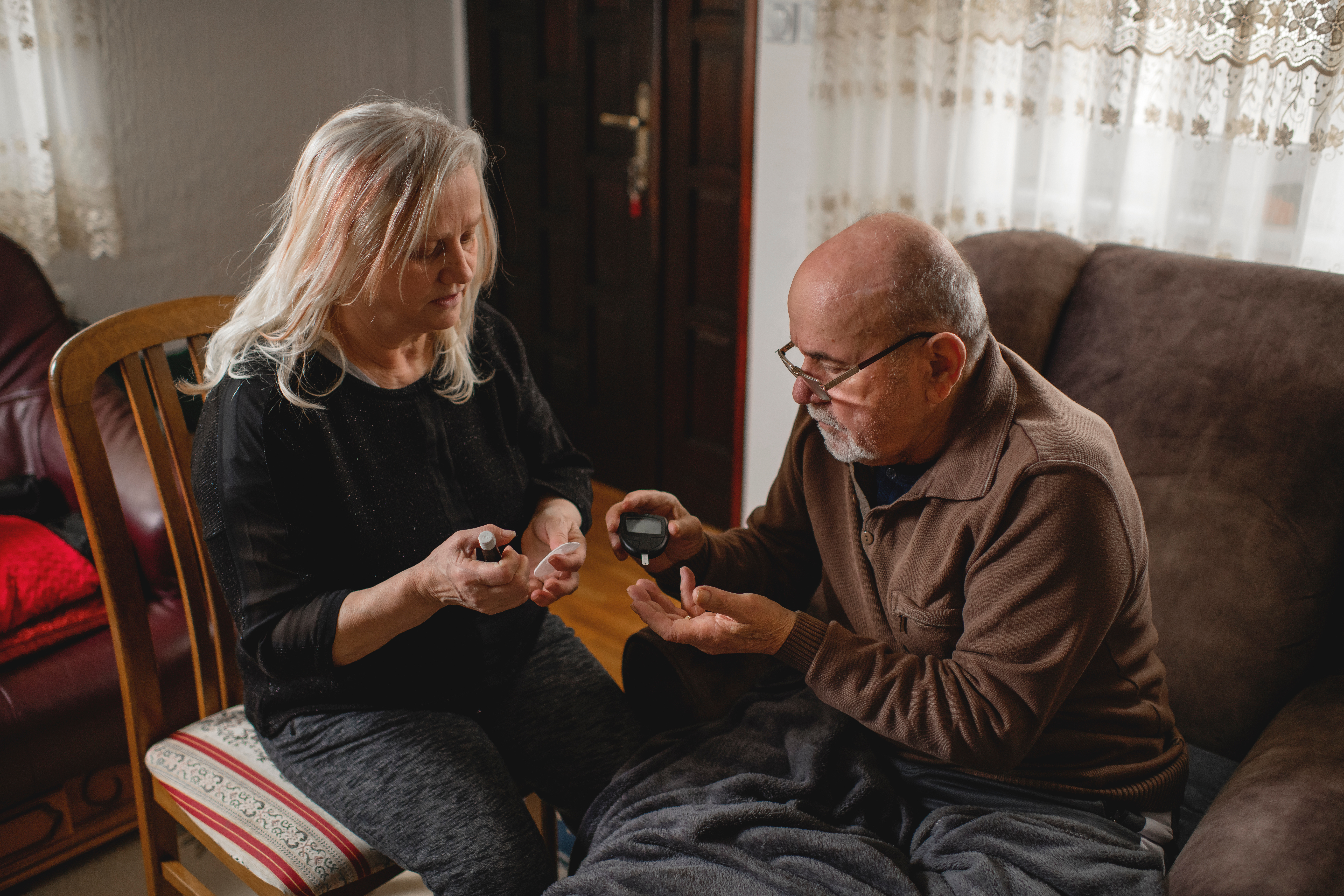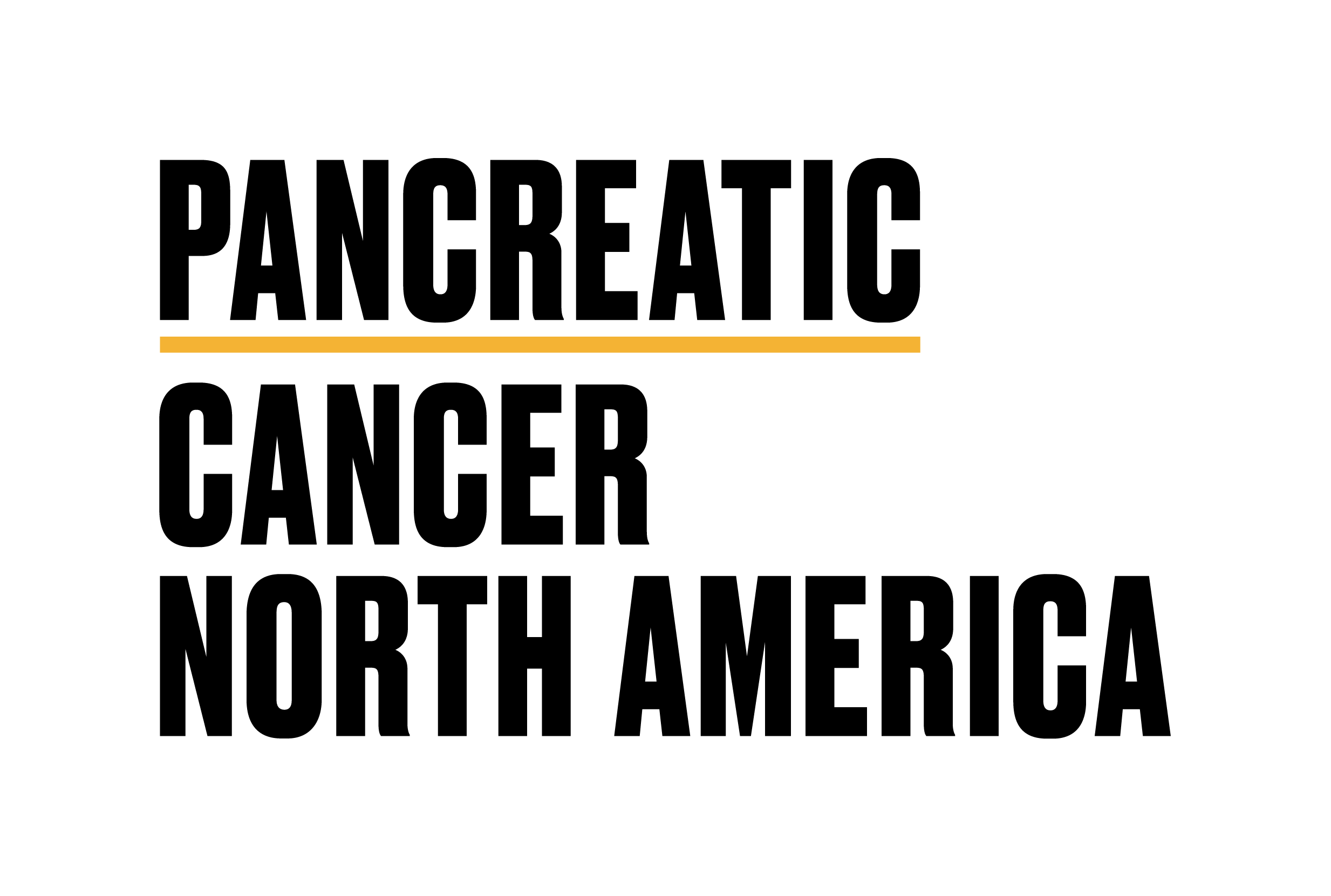Risk Factors

Risk factors are characteristics, habits, or environmental exposures that have been shown to increase the likelihood of developing a disease. While some risk factors are modifiable, some others are not. Not everyone who has one or more risk factors for pancreatic cancer will develop the disease.
There are still many unknowns about what causes pancreatic cancer and how to prevent it, however, there are some known and possible risks that could be a factor in developing pancreatic cancer.
Known Risks
Tobacco
About 20% to 30% of pancreatic cancers are related to smoking tobacco. The risk increases with the number of cigarettes and the number of years you smoke. The risk goes down as soon as you quit smoking. The longer you go without smoking after you quit, the lower the risk of developing pancreatic cancer. Smoking cigars and pipes and using smokeless tobacco products, such as chewing tobacco and snuff, also increase your risk of pancreatic cancer.
Obesity
People who have obesity or a high body mass index have a higher risk for pancreatic cancer.
Diabetes
Pancreatic cancer is more common in people with diabetes, but the reason for this connection is not fully understood. It may be that obesity is a risk for both diabetes and pancreatic cancer, or diabetes may be an early sign of pancreatic cancer.
Family history of pancreatic cancer
About 10% to 20% of pancreatic cancers are hereditary or familial, which means they run in a family. Familial pancreatic cancer means that at least 2 first-degree relatives (parent, brother, sister or child) or any 3 family members have been diagnosed with pancreatic cancer. The risk for pancreatic cancer increases with the number of family members who have the disease. In some families, the increased risk may be due to an inherited genetic condition. In other families, doctors don’t know the reason for the increased occurrence.
Certain genetic conditions
The following genetic conditions are linked with a higher risk of pancreatic cancer.
Hereditary breast and ovarian cancer (HBOC) syndrome is an inherited condition caused by changes (mutations) to the BRCA1 or BRCA2 gene. People with HBOC syndrome have an increased risk of breast, ovarian, prostate, pancreatic and fallopian tube cancer.
Familial atypical multiple mole melanoma (FAMMM) syndrome is an inherited condition that usually affects several members of a family. Family members with FAMMM develop melanoma skin cancer and a large number of atypical moles. The moles are usually different sizes and shades. FAMMM is caused by a mutation of p16 gene.
Peutz-Jeghers syndrome is an inherited syndrome that causes a very large number of polyps to develop in the gastrointestinal tract. It also causes dark spots on the lips and around and inside the mouth.
Lynch syndrome (also called hereditary non-polyposis colorectal cancer, or HNPCC) is a rare inherited syndrome that may lead to colorectal cancer. People with type B Lynch syndrome have a higher risk of developing certain cancers, including pancreatic cancer.
Hereditary pancreatitis is a rare genetic condition that causes severe pancreatitis at a young age, often before a child is 10 years old. Pancreatitis is inflammation of the pancreas.
Multiple endocrine neoplasia type 1 (MEN1) and von Hippel-Lindau syndrome are genetic conditions. They may increase your risk of developing pancreatic neuroendocrine cancer (islet cell cancer).
Chronic pancreatitis
Chronic pancreatitis is long-term inflammation of the pancreas. People with this condition have a higher risk for pancreatic cancer. Some studies also show a link between acute pancreatitis and pancreatic cancer. Acute pancreatitis is sudden, short-term inflammation of the pancreas.
Alcohol
Drinking alcohol increases your risk for developing pancreatic cancer. This may be related to the fact that heavy alcohol use is a common cause of chronic pancreatitis. The less alcohol you drink, the lower your cancer risk.
Possible Risks
The following factors have been linked with pancreatic cancer, but there is not enough evidence to show they are known risks. More research is needed to clarify the role of these factors for pancreatic cancer.
Physical Inactivity
Research suggests that people who are physically active on a regular basis may have a lower risk for pancreatic cancer.
Eating processed meats
Several studies show a link between processed meats and a higher risk for pancreatic cancer.
Exposures to chemicals at work
Studies show that exposure to some chemicals at work for more than 10 years increases the risk of developing pancreatic cancer. These chemicals include:
- petroleum compounds and solvents
- some dyes
- chemicals for metal refining
- polycyclic aromatic hydrocarbons and chlorinated hydrocarbons
Occupations such as firefighting that involve exposures to known carcinogens have been linked to a higher risk of developing pancreatic cancer. Learn more about pancreatic cancer and firefighters.
Helicobacter pylori
Helicobacter pylori (H. pylori) is a bacterium that grows in the inner lining of the stomach. Some studies show a link between H. pylori infection and a higher risk for pancreatic cancer.
Hepatitis B virus (HBV)
HBV is a viral infection of the liver. Some studies suggest that infection with HBV increases the risk for pancreatic cancer.
Gum disease
Researchers are studying possible connections between gum (periodontal) disease and certain health conditions. Some studies suggest that gum disease, or the bacteria linked with gum disease, is associated with a higher risk for pancreatic cancer.
Cystic fibrosis
Cystic fibrosis is a genetic disease that affects glands that make mucus and sweat, which affects how well the lungs and digestive tract function. People with cystic fibrosis may have a higher risk of developing certain cancers, including pancreatic cancer, if they live with the disease for a long time.
Cirrhosis of the liver
Cirrhosis is when scar tissue replaces healthy liver tissue. The scar tissue blocks blood flow through the liver so it can’t function normally. Cirrhosis is caused by long-term damage to liver tissues, such as drinking too much alcohol or being infected with the hepatitis B or C virus. Research shows that cirrhosis increases the risk for liver cancer, but it may also increase the risk for pancreatic cancer.
Further Reading

Pancreatic Cancer North America
442 5th Avenue #2873
Manhattan, NY
10018
Toll Free: 1-844-274-3640
info@pancreaticcancerna.org
